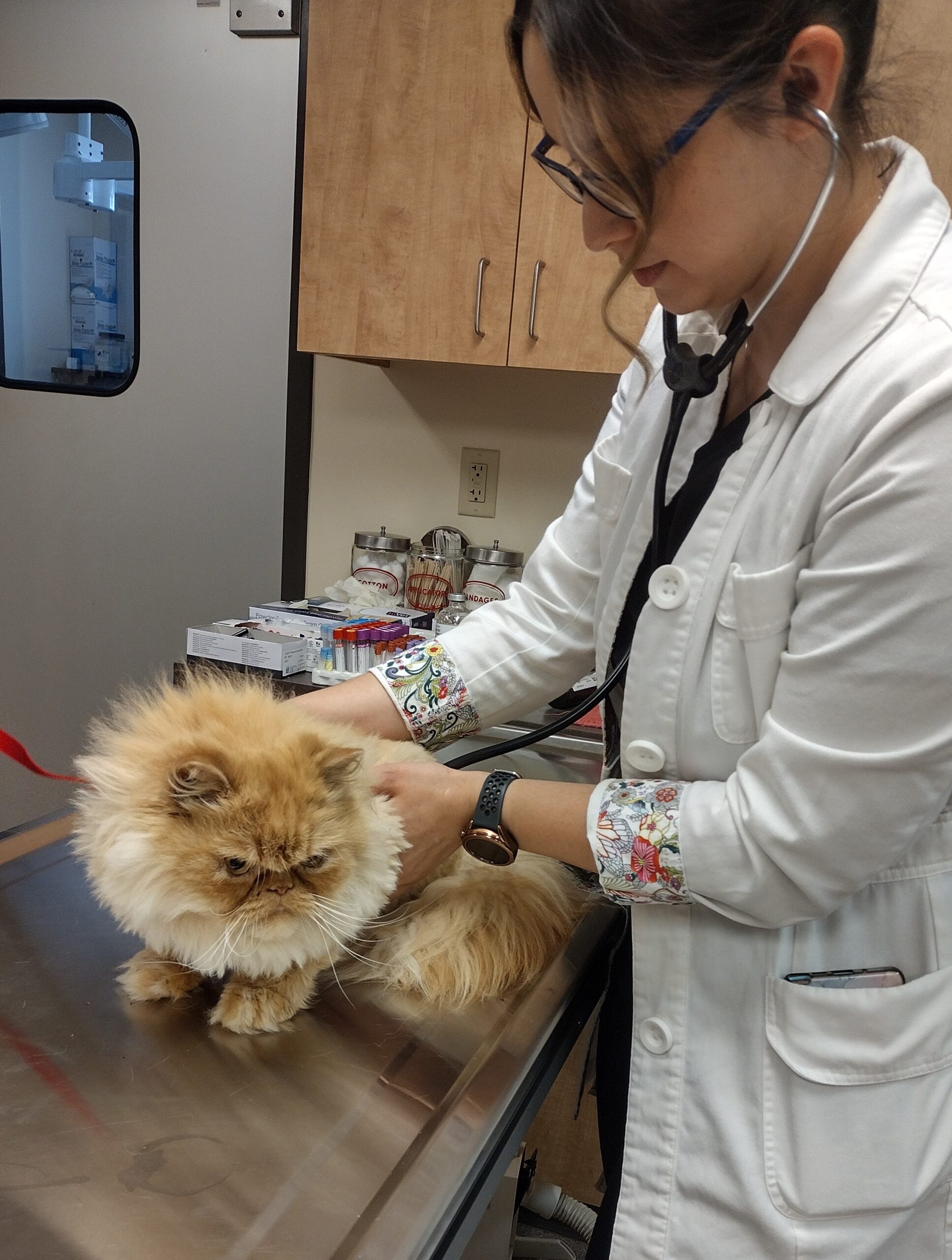Welcome to Forest Hills Veterinary Clinic
Pet Wellness Care
With an emphasis on prevention, pet wellness care services include all aspects of physical, behavioral, and emotional health at Forest Hills Veterinary Clinic. Learn more below.
Veterinary Services
Pet Wellness Care

The annual wellness exam for your cat or dog is a veterinary ‘check-up.’ Wellness checks, sometimes known as pet checkups, are scheduled once or twice a year when your pet appears to be in good health. These exams are an excellent method to assist your pet in achieving optimal health by concentrating on disease prevention and early detection. Taking your healthy dog or cat to the vet on a frequent basis allows your veterinarian to assess your pet’s overall health and check for ailments that are difficult to detect in the early stages (such as cancers and parasites).
The suggested regularity of your pet’s wellness examinations is determined by their age, medical history, lifestyle, and illness risk in the breed. Annual wellness checks are generally recommended for healthy adult pets. If your pet is currently healthy but has a history of sickness or is at a higher-than-average risk of developing a disease, consulting your veterinarian twice a year can help ensure that your pet remains as healthy as possible.
When you bring your pet in for a wellness exam, your pet will go over their medical history with you and ask if you have any concerns about your dog’s or cat’s health or behavior. Your veterinarian will also inquire about your pet’s nutrition, lifestyle, exercise routine, thirst level, and urination habits.
In order to do a fecal exam, many veterinarians ask that pet owners supply a fresh sample of their pet’s feces (bowel movement). Feces are a useful tool for finding intestinal parasites that can have a negative impact on your pet’s health.
Following that, our veterinarians will conduct a physical examination on your pet, which will often involve the following:
- Take your pet’s weight.
- Check for anomalies in the animal’s stance and stride.
- Examine your pet’s feet and nails for signs of injury or other health issues.
- Listen to the heart and lungs of your pet.
- Examine your dog or cat’s skin for problems like dryness, parasites, or lumps.
- Look for dandruff or bald patches in your pet’s coat.
- Examine your eyes for redness, cloudiness, problems with your eyelids, excessive weeping, or discharge.
- Examine your pet’s ears for symptoms of bacterial illness, ear mites, wax build-up, or polyps.
- Examine your pet’s teeth for signs of periodontal disease, tooth damage, or decay.
- Palpate your pet’s body for symptoms of sickness such as swelling, evidence of lameness like limited range of motion, and signs of pain.
- Check your pet’s abdomen for signs of discomfort and see if the internal organs appear normal.
The veterinarian will share any findings with you when the checkup is completed, and your pet has received their annual immunizations. If your veterinarian notices any symptoms of disease or injury, they will take the time to explain a more comprehensive diagnosis or treatment options to you. If your pet is given a clean bill of health, your veterinarian may provide advice or suggestions about your pet’s nutrition and exercise routines, oral health, or parasite prevention.

